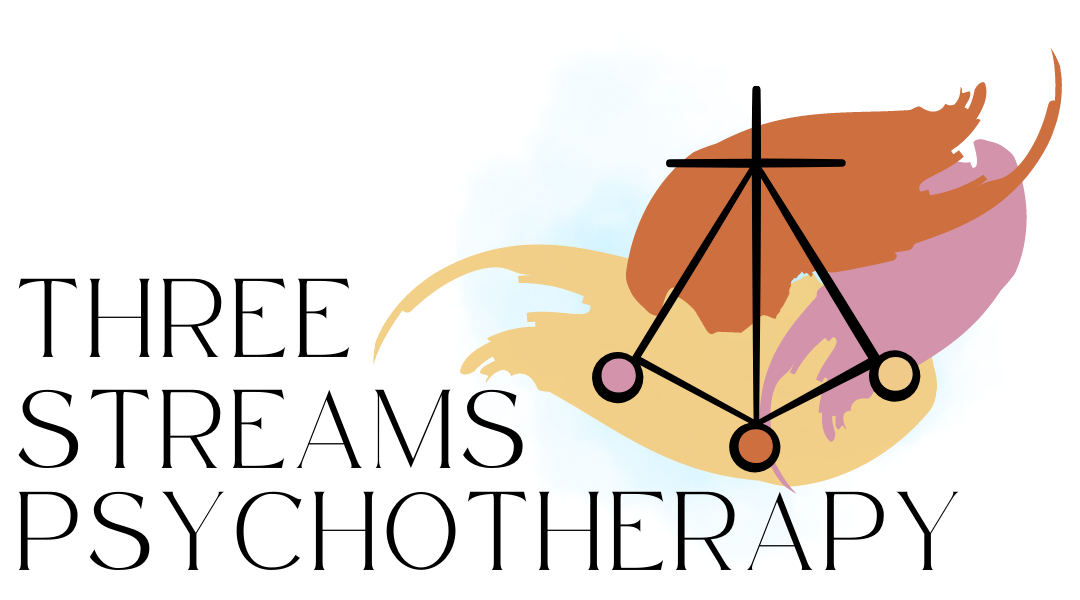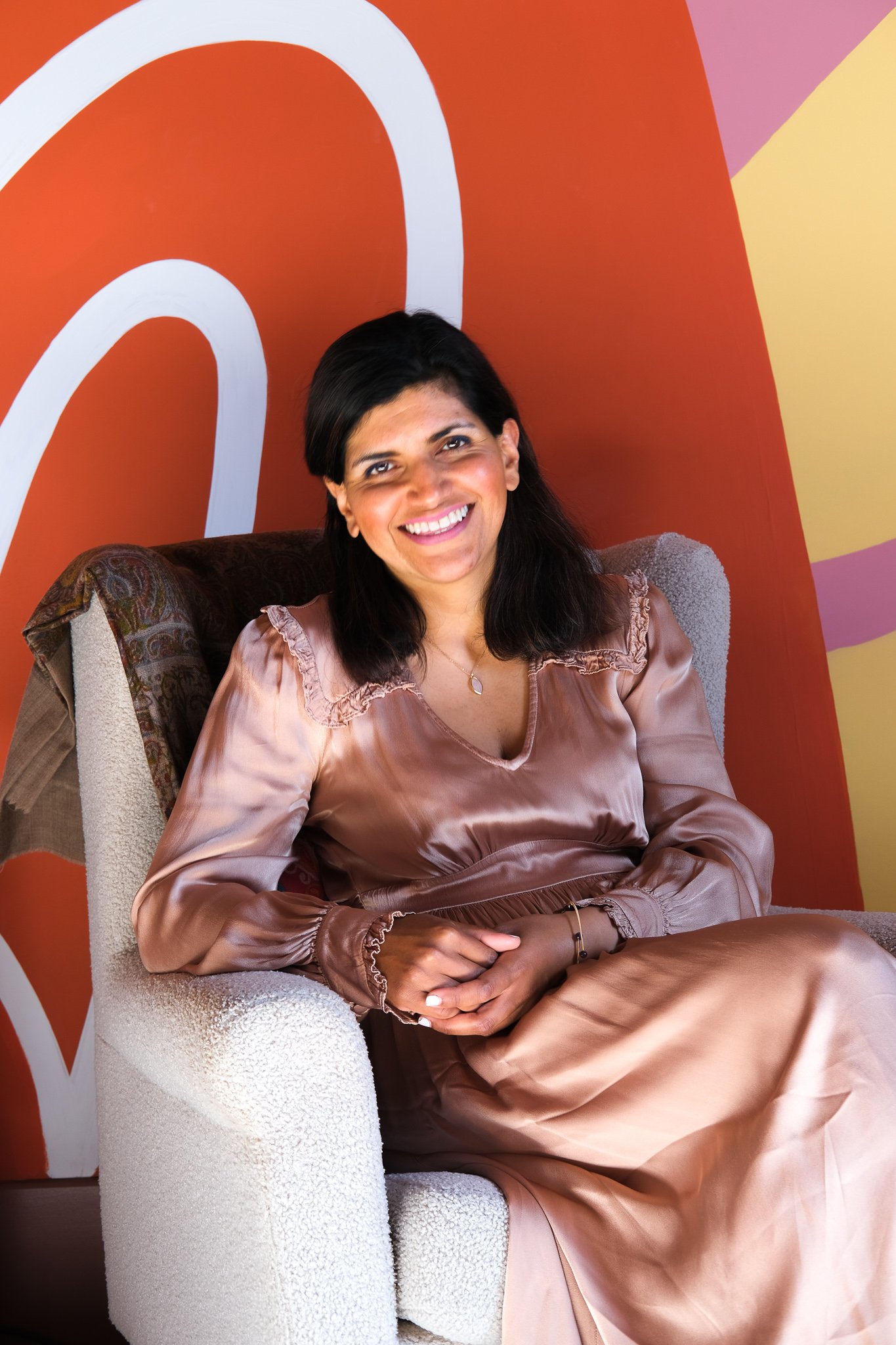Meet Dr Sabah
Psychology and psychoanalysis have always made sense to me like no other language, discipline or practice. A growing curiosity to understand why people do things that they know aren’t ‘good’ for themselves or others led me to a career in psychology.
Whilst on my doctoral clinical psychology training, I was fast recognising the challenges of engaging clients and bringing about longer term improvements and this drew me to a deep fascination with the brilliance of working live within the therapeutic relationship, thus, psychoanalysis became a central passion towards the end of my training which enabled the scientific practitioner in me to develop an attuned capacity to sit with all colours of pain with my clients. This, and no doubt, more than a decades worth of being on the couch myself.
I found a fit with the scientist in me between neuropsychology/neurorehabilitation and the lack of well-informed therapeutic services for couples living with a neurological illness and started to offer specialist neuropsychology-led couple sessions and couple groups within the NHS. I deepened my attachment with psychoanalysis by training further with couples at Tavistock Relationships and brought the two to life there with projects like ‘Living Together with Dementia’.
Some years later, a number of life transitions led me to an existential crossroads and, as is often the way, tackling our struggles, can push us towards our greatest healing. I was compelled to go on a silent meditation retreat where I learnt the basis of breath-work, of being still in the present - neither craving for more in the future nor avoiding what has occurred in the past - and discovered a meditation practice which felt like home. This has evolved over the years with additional support from the physical properties inherent in reiki energy, cacao and sound practices.
I continue to be in psychotherapy to this day because this offers a check and balance to my work alongside meditation and a regular grounding practice, which I believe is vital for me to be able to provide containment for all the people I work with.
Three Streams Psychotherapy for me mirrors my journey across all of these disciplines and ultimately encompasses the various dimensions that hold us: the science at the core - the foundations from which we function, a deeper understanding of our behaviours and relational dynamics through psychology, and our unconscious through psychoanalysis, and the part of ourselves we find hard to put into words and connect with - the magic and mysticism of who we truly are through spiritual practices. Altogether these bring aliveness and abundance in our lives.

Training & Qualifications
I am a Couple Psychoanalytic Psychotherapist, a Chartered Clinical Psychologist and Associate Fellow with the British Psychological Society (BPS), as well as an Individual Psychodynamic Psychotherapist. I have some 15 years experience of working in the NHS.
I completed my Doctorate in Clinical Psychology at University College London (UCL). I also hold a Postgraduate Diploma in Individual and Couple Psychodynamic Psychotherapy from Tavistock Relationships. There, I furthered my specialist couple training by completing the Masters programme in Couple Psychoanalytic Psychotherapy.
Clinical Psychology Neuropsychology
After qualifying as a clinical psychologist, I specialised in neuropsychology and cognitive disorders at the National Hospital for Neurology and Neurosurgery, Queen Square. Over several years at Queen Square, I worked on a number of research studies and was the lead psychologist for neuropsychology workgroups for patients and carers addressing cognitive and emotional problems, with a focus on adjustment for a range of conditions, including stroke and multiple sclerosis. I have also been lead psychologist on the Acute Brain Injury Unit, working with individuals, couples and families following acquired head injury. I have worked as a principal clinical psychologist on a dementia research trial in the Neuroepidemiology and Ageing Research Unit, Imperial College London.
Individual and Couple Therapy
For several years, I worked at the highly reputable Tavistock Relationships as a faculty member of staff within a team of couple experts in psychoanalytic psychotherapy. I have worked on the following programmes at Tavistock Relationships:
National Training Lead and Supervisor for the NICE approved Couple Therapy for Depression programme for NHS practitioners within IAPT Services (Improving Access to Psychological Therapies). Couple Therapy for Depression is a model of working with couples where at least one partner is diagnosed with depression.
Clinician, Supervisor and Lecturer for the ‘Living Together with Dementia’ programme. This is a specialist couple intervention aimed at improving the life experience of couples where one partner has a dementia by fostering more satisfying interpersonal engagement in such couples and strengthening their resilience in managing the illness together.
Project Lead on a new pre-retirement programme, ‘Couple 50+ MOT' where I set up a brief intervention service for couples aged 50+ as they approach the transition to retirement to enable them to manage the process of change.
Teaching and Supervision
I am currently Head of the Couple Therapy for Depression for NHS Talking Therapies Post-Graduate Diploma at Tavistock Relationships.
I have been a Qualified Supervisor for 14 years and provide professional and clinical supervision and have extensive experience in supporting trainees and professionals in the field of psychological practice, couple counselling and psychotherapy.
My experience includes supervising trainees in the Couple Therapy for Depression model at Tavistock Relationships and psychologists at various levels (Highly Specialist, Specialist and Trainee).
I aim to offer a supportive, creative and collaborative approach tailored to the practitioner's stage of development. I seek to encourage and challenge my supervisees in order to facilitate their development as therapists. In working towards collaboratively uncovering blind spots and areas of learning, real growth can occur.
Consultancy and Media Work
I have provided 1:1 consultancy to writers, artists and start-ups.
I have offered input and opinions to various media sources.
Publications and Presentations
Khan S. S. (2014) The Role Of The Neuropsychologist in Acute Neurorehabilitation. Neurology Short Course, Queen Square, May 2014.
Cipolotti L., Husain M., Crinion J., Bird C.M., Khan S.S., et al. (2008). The role of the thalamus in amnesia: a tractography, high-resolution MRI and neuropsychological study. Neuropsychologia, 46, 2745-58.
Smithson H.E., Khan S.S., Sharpe L.T. & Stockman A. (2006). Transitions between colour categories mapped with a reverse Stroop task. Visual Neuroscience, 23, 453-460.
Khan S. S, Spoudeas H. A, Martin N. A, Davies K, Greenwood, R. J, Cipolotti, L (2006) Intellectual and Functional Outcomes in Adult Survivors of Childhood Posterior Fossa Tumours. 12th International Symposium on Pediatric Neuro-Oncology, Japan, June 2006.
Khan S. S. (2018). Retirement – Preparation, Prevention, and Potential: A review of the thinking behind and development of the “Couple 50+ MOT Programme” at Tavistock Relationships. Couple and Family Psychoanalysis Journal, 8(2) 164-173.
Khan S. S. (2016) Working with couples and the family after SAH. ‘Life after a SAH’ Conference. Brain and Spine Foundation, Queen Square, November 2016. http://www.brainandspine.org.uk/life-after-subarachnoid-haemorrhage-conference
Chan E, Khan S. S. Oliver R, Gill S.K, Werring D.J, Cipolotti L. (2014) Underestimation of cognitive impairments by the Montreal Cognitive Assessment (MoCA) in an acute stroke unit population. Journal of the Neurological Sciences, 343, 176-179.

